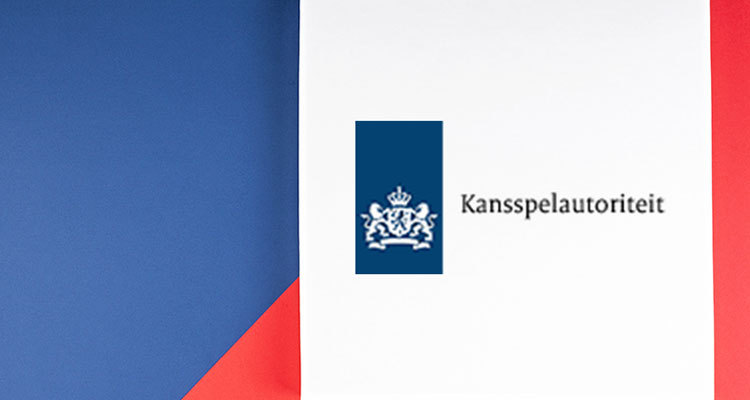ElectraWorks Limited, the company that runs the operational activities on bwin.com, has been fined €350,000 ($391,532) by the Dutch regulator, Kansspelautoriteit (KSA), for offering sports betting and online casino games via the website of the GVC Holdings PLC (LSE: GVC) sports betting brand.
The regulator found that the Gibraltar-based firm had been offering sports betting, blackjack, roulette and poker to Dutch customers via bwin.com without a license.
According to a recent news report…
…the regulator’s case against ElectraWorks was reinforced by the operator’s use of a Dutch payment method, with additional evidence including use of the .nl website extension and the Dutch language.
Been there:
After in August 2016 being warned by the Advertising Standards Authority about an advertisement on its UK-licensed Bwin.com domain, in February 2018, ElectraWorks was ordered to pay a fine of £350,000 ($488,640) for repeatedly breaching advertising standards when it came to promoting ‘free bonuses’ on its websites.

Gambling landscape:
Currently, it is not possible to apply for a license to offer online gambling on the Dutch market, however, that is about to change.
First introduced in the House of Representatives in 2014, on February 19 this year, the Dutch Senate approved the Draft Bill on Remote Gambling, laying the groundwork for iGaming regulation across the Netherlands. Intent on addressing the unregulated online gambling market for Dutch customers, the legislative framework will reportedly be integrated into law via a Royal Decree.
Expected enactment:
During the annual conference of the Gaming in Holland platform in early June, René Jansen, chair of the Ksa, said that barring further delays, the regulator expects the Remote Gambling Act (Wet kansspelen op afstand) to come into effect on July 1, 2020, and for license applications to be processed from that date forward. The online gambling market will likely be open on January 1, 2021. Providers will need to comply with a range of criteria to be eligible for a license.
After his speech at the June conference, Jansen invited operators to register their interest so that the demand for licenses can be better gauged. He encouraged interested parties to fill out the forms prior to June 21.
“If we know how many applications we can expect, we, as an organization, are able to make the necessary preparations. This is in our interest, but also in that of the applicants.”
He emphasized that properly managing the licensing process in the context of the new Act will be a priority in over the next two years.
Licensed operators will reportedly be subject to a 29% tax on games of chance along with a 0.25% contribution tot he addiction fund and further 1.5% contribution will go to the Gaming Authority on the gross revenue from the games.
Expressed interest:
The Dutch gambling regulator announced in June that 183 operators had registered their interest in obtaining an online gambling license in the Netherlands. And while the names of the prospective license applicants were not disclosed by the Netherlands Gambling Authority, the body did reveal..
- Nearly half (89) of the interested companies are based outside of the country in northwestern Europe.
- 83 of the companies already hold a foreign online gambling license
- 74 prospective licensees currently offer land-based gambling services

Program Manager for Remote Gambling at the Netherlands Gambling Authority, Amida Michael, said at the time…
‘We received more than 180 registrations in total. This figure can be divided into three more or less equal parts. One third already has experience in offering online games of chance, because they presently hold a licence abroad, for instance. Another third currently offers physical games of chance in the Netherlands, combined with some online experience abroad. The final third or so consists of small enterprises and self-employed people. Our expectation is that most of the latter group will not be able to comply with the stringent licence conditions. In our opinion, the Dutch situation is comparable to Sweden, where around 160 companies showed an initial interest in obtaining a licence and about 90 licences were ultimately issued.’
Simbat fines:
In June, the Dutch regulator also fined online casino game provider, Simbat Entertainment Systems Ltd and associated affiliate Spinity, with fines of €270,000 and €100,000, respectively, having reportedly found that games of chance had been offered by Simbat through at least 11 separate websites, with Spinity reportedly acting as a “promotional agent.” Both had already been fined by the regulator in July 2017, but the regulator’s decision wasn’t published at that time due to what turned out to be an unsuccessful appeal tot he District Court in The Hague.



